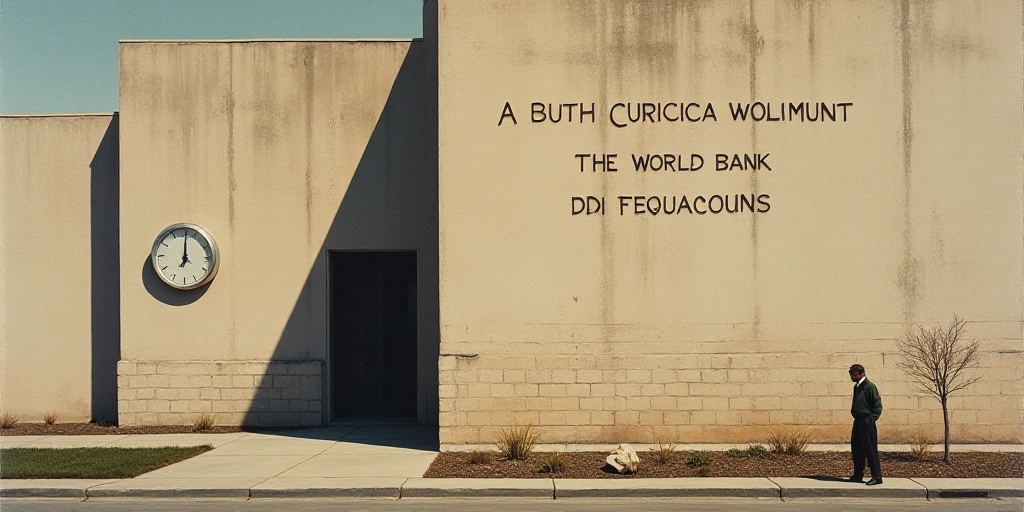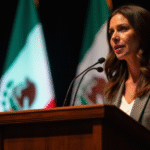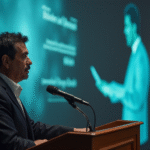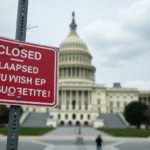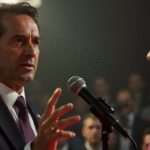Background on Key Figures and Relevance
Ajay Banga, the President of the World Bank (WB), and Rafael Grossi, Director General of the International Atomic Energy Agency (IAEA), recently signed a memorandum of understanding in Paris. This agreement marks the World Bank’s return to financing nuclear energy projects, focusing on developing countries.
The IAEA is a specialized agency of the United Nations that seeks to promote peaceful uses of nuclear energy and to inhibit its use for any military purpose. As one of the world’s premier sources of information about nuclear energy, the IAEA works with its member states and multiple partners worldwide to ensure safe, secure, and peaceful nuclear technologies.
The World Bank is an international financial institution that provides loans and grants to the governments of poorer countries for various development projects. With a mission to end extreme poverty and contribute to the prosperity of all people, the World Bank’s support for nuclear energy projects aims to provide reliable and low-carbon energy sources.
Key Points of the Agreement
- Cooperation: The World Bank and IAEA will collaborate to develop nuclear energy knowledge, focusing on enhancing the World Bank Group’s understanding of nuclear safety, energy planning, and waste management.
- Extending Reactor Lifespan: The partnership aims to extend the operational life of existing nuclear power plants, ensuring a cost-effective and low-carbon energy source.
- Small Modular Reactors: The collaboration will accelerate the development of small modular reactors, which have significant potential for widespread adoption in developing countries.
Impact on Key Sectors and Employment
Ajay Banga emphasized the importance of reliable baseload energy provided by nuclear power for labor-intensive sectors such as infrastructure, agriculture, healthcare, tourism, and manufacturing.
- Reliable Energy for Employment: Banga stated, “Jobs need electricity. So do factories, hospitals, schools, and water systems. As demand grows with AI and development, we must help countries provide reliable and affordable energy.”
- World Bank’s Role: He added, “That’s why we’re embracing nuclear energy as part of the solution and reintegrating it into the combination that the World Bank Group can offer developing countries to achieve their ambitions.”
Future Implications and Investor Interest
Rafael Grossi highlighted the historical significance of this agreement, suggesting it could encourage other multilateral development banks and private investors to consider nuclear energy as a viable tool for energy security.
Key Questions and Answers
- Who are the key figures involved? Ajay Banga, President of the World Bank, and Rafael Grossi, Director General of the International Atomic Energy Agency (IAEA).
- What is the main objective of this partnership? The World Bank and IAEA aim to develop nuclear energy knowledge, extend reactor lifespans, and accelerate the development of small modular reactors in developing countries.
- Why is nuclear energy important for employment-generating sectors? Reliable baseload energy from nuclear power is essential for labor-intensive sectors like infrastructure, agriculture, healthcare, tourism, and manufacturing.
- What are the potential implications of this agreement? The partnership could encourage other development banks and private investors to consider nuclear energy as a tool for energy security.

